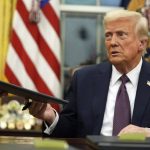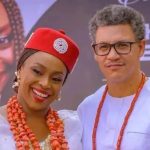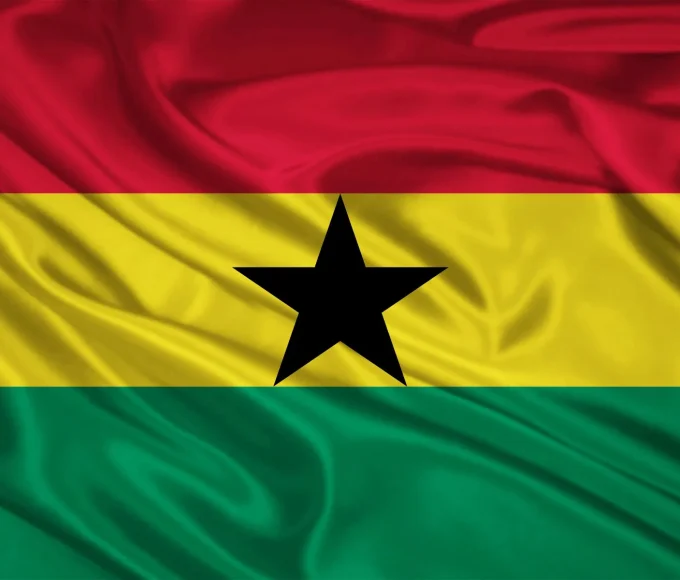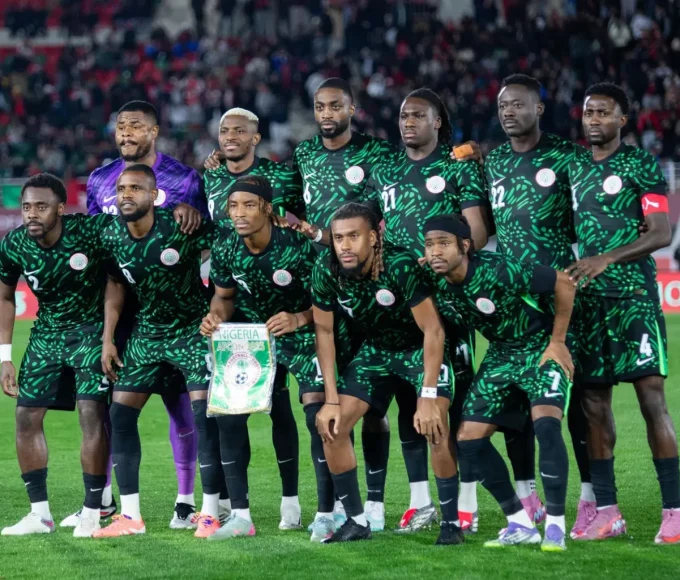
Peter Obi Calls for Urgent Actions to Salvage Nigeria’s Declining Economy
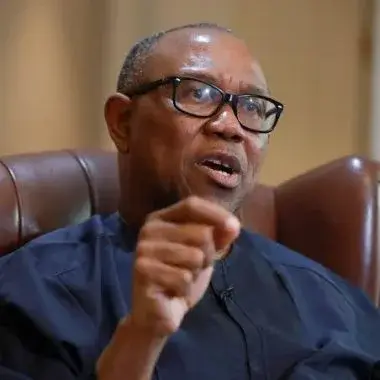
Peter Obi, former governor of Anambra state and presidential candidate of the Labour Party, has criticised Nigeria’s recent economic performance. Obi painted a picture of the dramatic decline in growth and prosperity of Nigeria’s current financial state.
He pointed out that since the 1999 democratic rule, there had been a strong growth of the economy in Nigeria, averaging about 6.72% per annum until 2014. During this period, the country had the largest economy on the African continent, with a Gross Domestic Product of $568.5 billion and a GDP per capita of around $3,200.
However, due to the government shift since 2015, it became visibly slower. By 2017, that effort had seen the country slip into a recession, with negative GDP growth rates of -1.58% and 0.82% in consecutive years.
Reports showed our GDP in 2023 stood at $375 billion with a per capita of $1700. In 2024, our estimated GDP declined to $253 billion, with an estimated per capita of $1087. These trends and figures show how our 9 years journey since 2015 has resulted in a sharp decline in our national prosperity. Today, poverty is pervasive and on the increase. Unemployment is rising. Food inflation has skyrocketed to over 43%. Foreign and local investors are losing faith in the future growth of our economy and are leaving in large numbers, Obi stated.
He explained these economic misfortunes are due to the lack of continued leadership attention towards inclusive and sustainable growth.
On his part, Obi pointed that leaders who, more often than not, are absorbed in their luxuriouslifestyles instead of national development. At the same time, such leaders lay blame elsewhere and did nothing to point the country in the right direction, prompting an end to social ills, among them the lack of poverty eradication and the fixing of an ailing education.
To him, therefore, politics in Nigeria should lead to serving the people and improving the country and not in the interest of leaders.
Our leaders are more concerned with funding their selfish luxuries and individual lavishness while throwing blame at others who are only committed to solving the nation’s problems, Obi said.
He urged that measures must be urgently adopted to shift Nigeria’s current economic paradigm from a consumption base to a being based on production, which would involve a reawakening of dying industries, inviting investment, and creating opportunities that redound to the benefit of all Nigerians.
Obi calls for the rekindling of a spirit of economic reform and national development, repeating but now with more emphasis: only through inclusive growth will a peaceful and prosperous society for Nigeria unfold.
Read more: Kano Activist Arrested for Producing Branded Protest Shirts Regains Freedom
GRV Queries Lagos Government on $100 million Paid by Dangote Refinery for Land
About The Author
Related Articles
MultiChoice Pumps GH¢200 Million Into Ghana’s Creative Industry
MultiChoice Ghana has invested more than GH¢200 million into the country’s creative...
ByWest Africa WeeklyMarch 5, 2026FIFA Confirms DR Congo Playoff Spot, Ending Nigeria’s World Cup Dream
Nigeria’s hopes of qualifying for the 2026 FIFA World Cup have come...
ByWest Africa WeeklyMarch 5, 2026Ghanaians to Travel to St Kitts and Nevis Without Visa
Ghanaian citizens will soon be able to travel to the Caribbean nation...
ByWest Africa WeeklyMarch 5, 2026Ghana Records Sharp Drop in Inflation, Lowest Since 2021
Ghana’s inflation rate dropped to 3.3 percent in February 2026, marking the...
ByWest Africa WeeklyMarch 5, 2026


